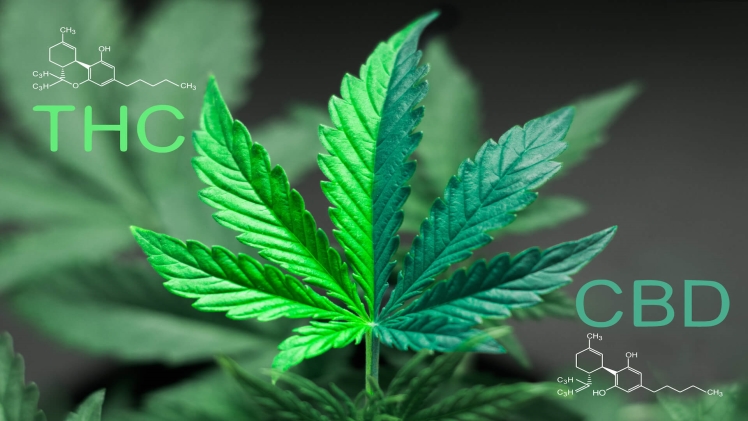If you think you know everything about medical marijuana, don’t feel so proud because there’s still a lot to learn. With so many hemp and marijuana-based items in the market, one tends to get confused.
So, if you’re also feeling a bit lost, don’t worry because you’re not alone!
Today, we’re going to learn about how CBD is different from THC.
Cannabis contains over 113 different types of chemical compounds, including CBD and THC. In recent years, much interest has grown around its potential health benefits and is likely to increase.
What is CBD?
CBD or Cannabidiol is a naturally occurring substance found in hemp and marijuana plants, but the main difference between the two is that it doesn’t get you high. Although most of the medical claims surrounding CBD haven’t been proven yet, users claim that it provides relief from IBS, glaucoma, epilepsy, insomnia, depression, and anxiety.
Today, CBD flowers are used for medical purposes and in a variety of products that aren’t linked to them. For example, it is a common ingredient in bath and body care products to keep your skin hydrated and reduce irritation.
What is THC?
THC or Delta-9-Tetrahydrocannabinol is the chief psychoactive ingredient in cannabis responsible for activating our brain’s reward system by signaling dopamine release. By triggering the release of more than the required level of dopamine, THC causes people to experience feelings of euphoria.
The compound can be found as an ingredient in oils, edibles, and capsules.
Key Differences Between CBD & THC compounds:
A lot has been said about the benefits of using the two compounds, but today, let’s find out the difference between them!
-
Psychoactive Properties
It is vital to note that CBD & THC hit different receptors in our brain – that’s why while THC has psychoactive effects, CBD does not have any – it doesn’t get you high. Using delta 8 disposable is the quickest way of getting THC into your bloodstream.
-
Chemical Structure
The chemical structure of both CBD & THC is similar to our body’s natural endocannabinoids that play a crucial role in functions such as sleep, pain, mood, appetite, and immune system. Although both of the compounds have a similar molecular structure, the arrangement of the molecules is different, resulting in differing effects.
-
Sources
While CBD is often derived from hemp to avoid adding more considerable amounts of THC, THC is extracted from marijuana. Although one can also obtain CBD from marijuana, it’s not ideal for people who avoid THC.
-
Side Effects
The side effects of taking CBD include nausea, diarrhea, drowsiness, migraine, and low blood pressure and the side effects of THC include vomiting, pain, glaucoma, low appetite, muscle spasticity, memory loss, problems with concentration, etc.
Final Words
Although both CBD and THC are derived from the same cannabis plant, they have distinct properties that separate them. While THC is associated with high feelings, CBD is more famous for its health benefits. So, before consuming any, be sure to consult with your doctor.

